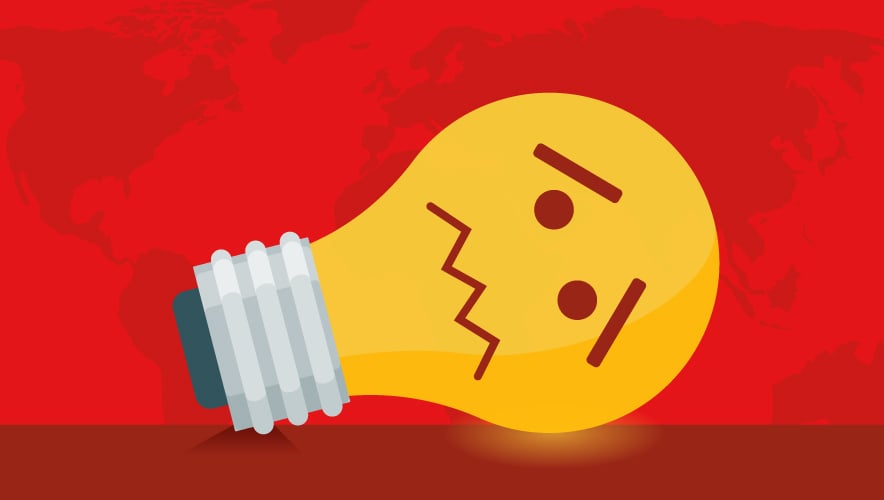How Geopolitical Risk Derails Innovation
Geopolitical risk does not just affect security, it also hampers private sector innovation.
A trio of researchers from the United States and Australia collected data from 4,625 public U.S. companies between 1985 and 2017, gathering the number of patents each company filed, the financial value of patents granted to the company, and the scientific value of patents granted to the company. The researchers cross-referenced the data with the U.S. Federal Reserve’s monthly index of geopolitical risk.
Their data revealed that on average, a 1 percent increase in geopolitical risk reduced the number of patents a company files the following year by 0.18 percent. The value—both financial and scientific—of patents filed decreased as well.
During periods of geopolitical strife, patent types changed, too. Companies filed fewer patents for new, rapidly evolving technologies. “In other words, companies became more risk averse and less likely to pursue multidisciplinary, highly impactful innovation,” the researchers wrote for Harvard Business Review (HBR).
Geopolitical threats also had more impact on innovation than geopolitical acts, signaling that the fear of the unknown was stifling companies’ innovation.
Increases in geopolitical risk lead to changes in spending overall, and when risk increases, companies’ research and development (R&D) spending falls. In addition, turnover among inventors and scientists within companies rises, the researchers found.
The drop in R&D investment was responsible for approximately 2 percent of the decrease in the number of patents filed, but the drop in human capital explained 17 percent of the decrease. Following a rise in global geopolitical risk, more inventors leave a firm than join it, and that sort of turnover may be outside managers’ direct control wrote one of the researchers—Vivek Astvansh, a marketing professor and researcher at the Kelley School of Business, Indiana University.
Despite the short-lived nature of many geopolitical conflicts and risks, the effect on private sector innovation is long-term. The researchers found that the negative impact on innovation typically persists for three to five years.
“Our findings illustrate how individual business and global politics are tightly intertwined,” the researchers wrote for HBR. “While the data implies certain steps companies can take to reduce the impact of geopolitics on their own levels of innovation—avoiding an excessive focus on foreign markets, investing in retention, and potentially limiting advertising and lobbying activities—our analysis ultimately demonstrates that rising geopolitical risk is likely to have a substantial stifling effect on innovation across the board.”
